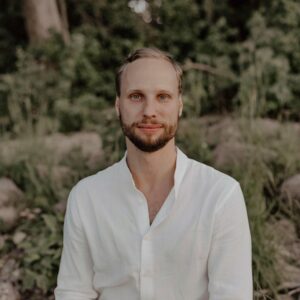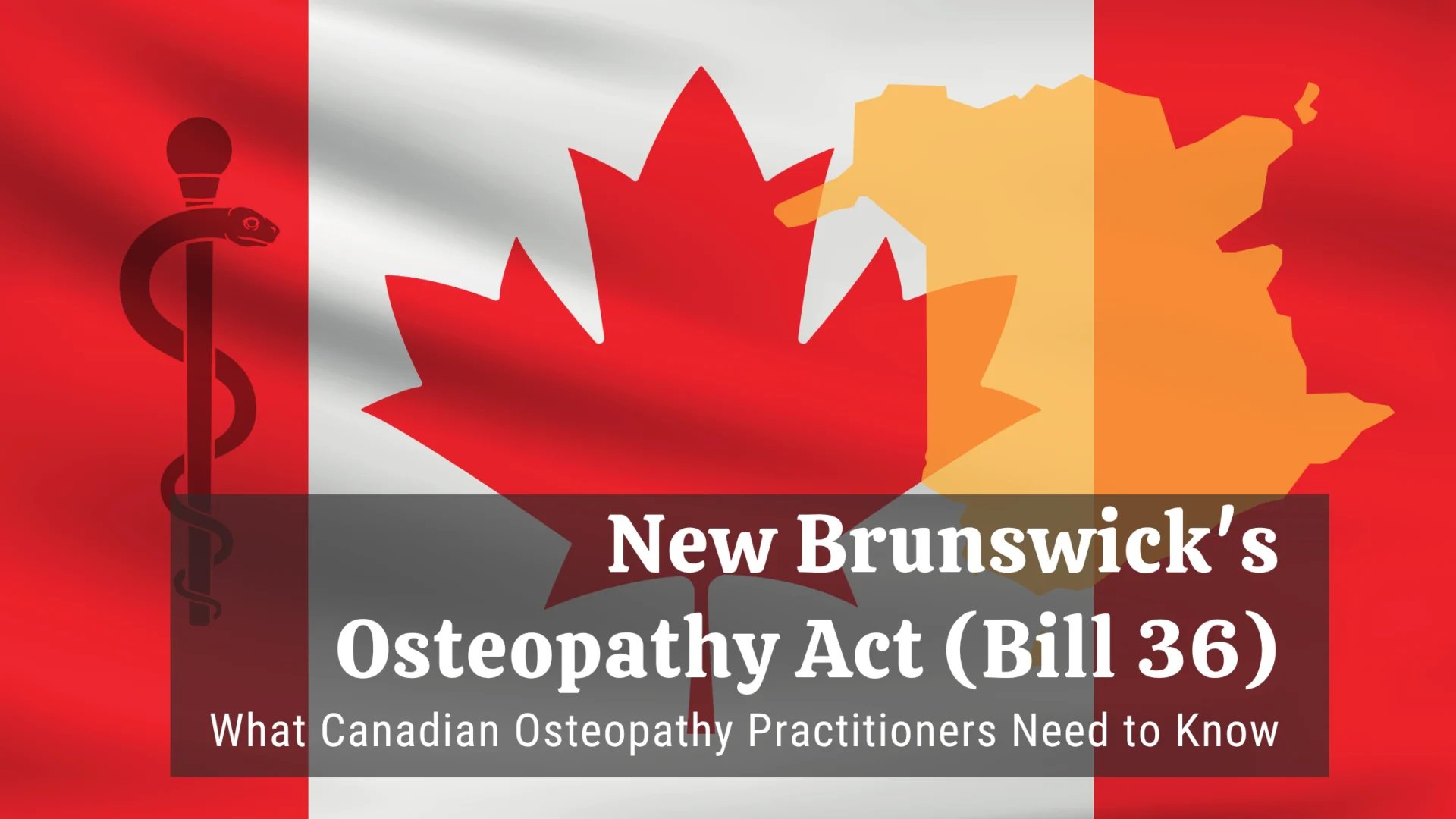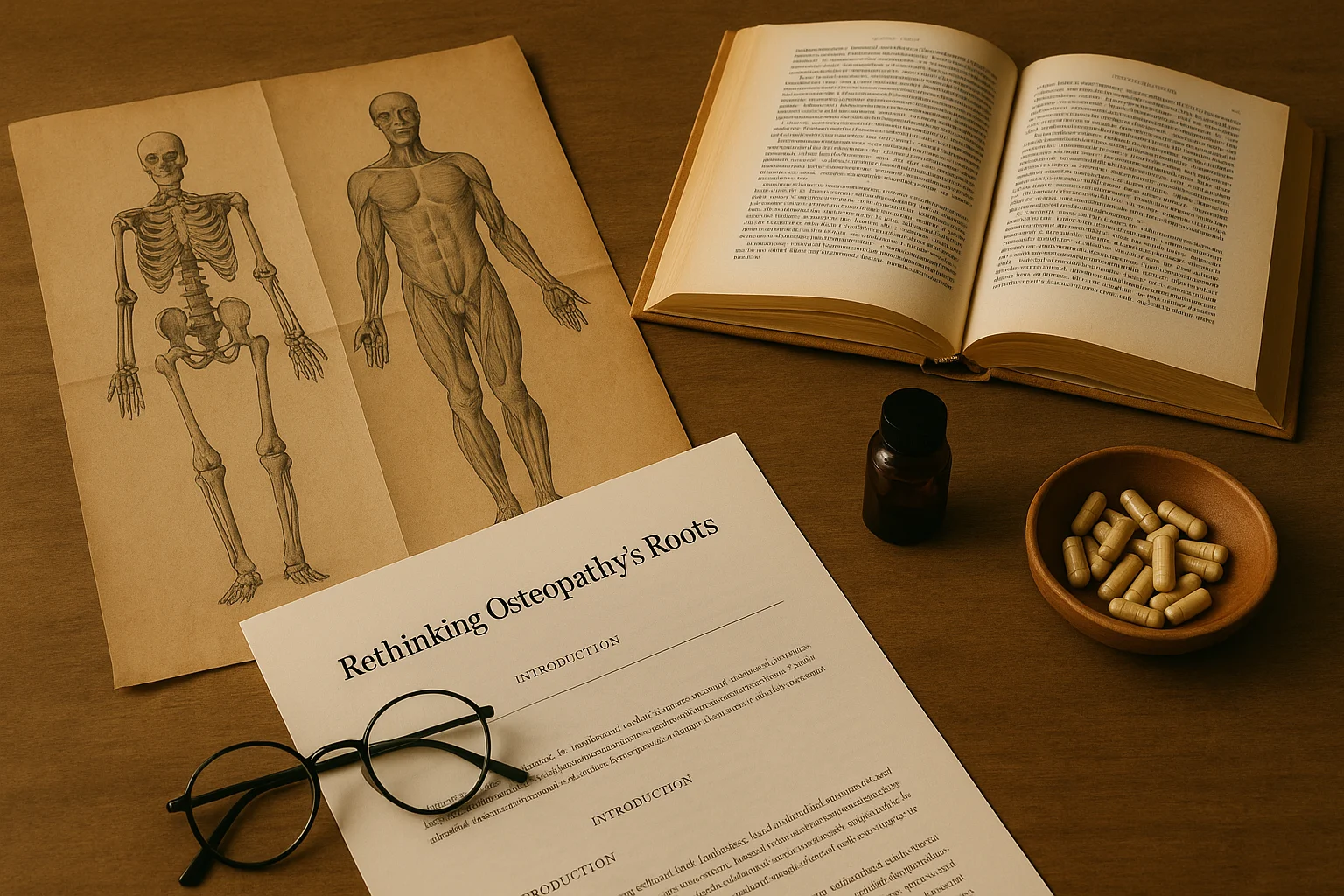A major milestone is underway for the osteopathic profession in New Brunswick with the introduction of Bill 36 – The Osteopathy Act, which had its first reading on May 16, 2025. This landmark legislation transforms the Association of Osteopaths of New Brunswick into a formal self-regulating body and introduces a comprehensive framework for the governance, licensing, and discipline of osteopaths in the province.
Although this Act applies specifically to New Brunswick, it represents a trend that could influence future regulatory changes across other Canadian provinces. Here’s what osteopaths need to know.
From Association to Regulatory College
One of the most impactful changes is the continuation of the Association des ostéopathes du Nouveau-Brunswick / Association of Osteopaths of New Brunswick Inc. as a new legal entity: the College of Osteopaths of New Brunswick.
The College’s core mandates are to:
- Advance and maintain the standards of osteopathic services in the province.
- Regulate and govern the provision of osteopathy to the public.
- Promote the welfare and protection of the public.
This shift from a professional association to a regulated college marks a decisive move toward self-regulation and professional accountability—hallmarks of other recognized health professions in Canada.
Governance: The Role of the Council
The College will be governed by a Council consisting of 5 to 10 councillors, responsible for administering the Act and managing the business and regulatory functions of the College. The Minister of Health will appoint one or two public members (non-osteopaths) to the Council to ensure public representation.
The Council holds broad powers, including the ability to create, amend, or repeal by-laws governing:
- Registration, licensure, renewals, and conditions of practice.
- Admission, suspension, expulsion, and discipline of registrants.
- Accreditation of osteopathic schools and training programs.
- Categories of registration and associated rights.
- Professional fees and insurance requirements.
- Standards for education, professional development, and conduct.
- Codes of ethics and professional responsibilities.
- Advertising practices and the definition of specialist classes.
Certain by-laws—particularly those involving registration, standards, or insurance—require approval by the Minister of Health before they become enforceable.
Registration and Scope of Practice
The Act establishes five key registers:
- General Register – for fully qualified osteopaths.
- Temporary Register – for short-term, conditional practice.
- Professional Corporations Register – for osteopathic corporations.
- Specialists Register – if enabled by future by-laws.
- Other Rosters – as established by Council.
Only individuals listed in these registers may legally identify themselves as osteopaths or practice osteopathy in New Brunswick.
Professional Liability Insurance
Osteopaths engaging in private practice must carry valid professional liability insurance in amounts prescribed by the College. Proof of insurance must be submitted annually.
Out-of-Province Osteopaths
The Act permits limited temporary practice by osteopaths registered in other jurisdictions, provided they do not claim to be licensed in New Brunswick. However, anyone disqualified or suspended elsewhere for reasons such as professional misconduct, incompetence, or incapacity cannot register until those issues are resolved.
Professional Misconduct and Disciplinary Framework
The Act defines “professional misconduct” to include:
- Serious breaches of professional or ethical standards.
- Convictions for offences relevant to suitability to practice.
- Disciplinary actions in other jurisdictions.
- Violations of this Act, its by-laws, or licensing conditions.
- Sexual abuse of a patient.
- Failure to cooperate with audits, hearings, or mandated exams.
- Failure to report professional misconduct or sexual abuse by peers.
Complaint and Hearing Committees
Two key regulatory bodies are established:
- Complaints Committee – Reviews and investigates complaints, and can issue warnings, order audits, or refer cases to the Hearing Committee. In certain cases, it can immediately suspend a licence pending a formal hearing.
- Hearing Committee – Conducts formal hearings and can order medical or practice examinations, review evidence, and impose sanctions, including:
- Suspension or revocation of registration.
- Practice restrictions or licence conditions.
- Reprimands or fines (up to $20,000).
- Publication of decisions.
- Payment of investigative and hearing costs.
Sexual Abuse Prevention and Mandatory Reporting
The Act contains strong safeguards against sexual abuse, defining it explicitly to include:
- Sexual intercourse or physical sexual acts with a patient.
- Sexual touching or inappropriate remarks of a sexual nature (excluding clinical contexts).
Mandatory Reporting
Osteopaths must report:
- Suspected sexual abuse by other health professionals within 21 days.
- Other osteopaths believed to be unfit to practice—unless the information is protected by patient confidentiality.
Failure to report in either case constitutes professional misconduct.
The College is also required to implement measures for prevention, including:
- Public information on patient rights and complaint procedures.
- Professional education and conduct guidelines for registrants.
Transparency and Public Access
The Act emphasizes transparency and public accountability:
- All by-laws and rules must be available for public inspection.
- Registers—including those for general, temporary, and corporate registrants—must be accessible electronically.
- Disciplinary outcomes involving suspension, revocation, or fines will be published.
- Findings involving sexual abuse will remain public indefinitely; other misconduct findings will be accessible for at least five years.
Implications for Osteopaths Across Canada
Bill 36 represents a transformative step toward the formal regulation of osteopathy in Canada. For New Brunswick practitioners, it introduces a structured framework that aligns with other regulated health professions. For osteopaths in other provinces, it offers a preview of what regulation might look like in the future.
Key takeaways include:
- Formal licensure and registration requirements.
- Mandatory liability insurance.
- A clear disciplinary and complaints process.
- Emphasis on professional accountability and public protection.
- Increased transparency in regulatory matters.
Final Thoughts
As osteopathy continues to grow in legitimacy and public trust, self-regulation becomes an important step. New Brunswick’s Bill 36 sets a precedent for professional governance, aligning osteopathy with broader standards seen in other healthcare disciplines.
For osteopaths nationwide, it’s essential to stay informed about such legislative developments—and be prepared for the possibility of similar regulation in your own jurisdiction.









2 Responses
We are grateful that all National Academy of Osteopathy graduates in New Brunswick have been accepted by the new regulatory college. This was a wise decision by the organization that initiated the process. On their behalf, a lawyer contacted all our graduates there, as well as others, to inform them that they would be eligible to join the college as long as they are practicing in the province.
Because of this inclusive approach, there was no opposition from the National Academy of Osteopathy, our graduates, or other practitioners. As demonstrated in Quebec, a regulatory process can be delayed or halted if it excludes certain practitioners. In Quebec, attempts were made to exclude graduates from several schools, which led those schools to file complaints with the government. The government ultimately paused the process and instructed the Quebec organization to make changes to ensure no one’s career would be jeopardized.
This experience highlighted an important lesson for New Brunswick: the regulatory process must be inclusive so that all manual osteopaths can continue to work.
I completely Agree with Dr. Shawn Pourgol. They should not discriminate as long as the candidate has all the required crediantials to practice as a Manual Osteopathic. I hope Ontario also does the same as soon as possible. It will create more equality amongst practitioners in all over the province.